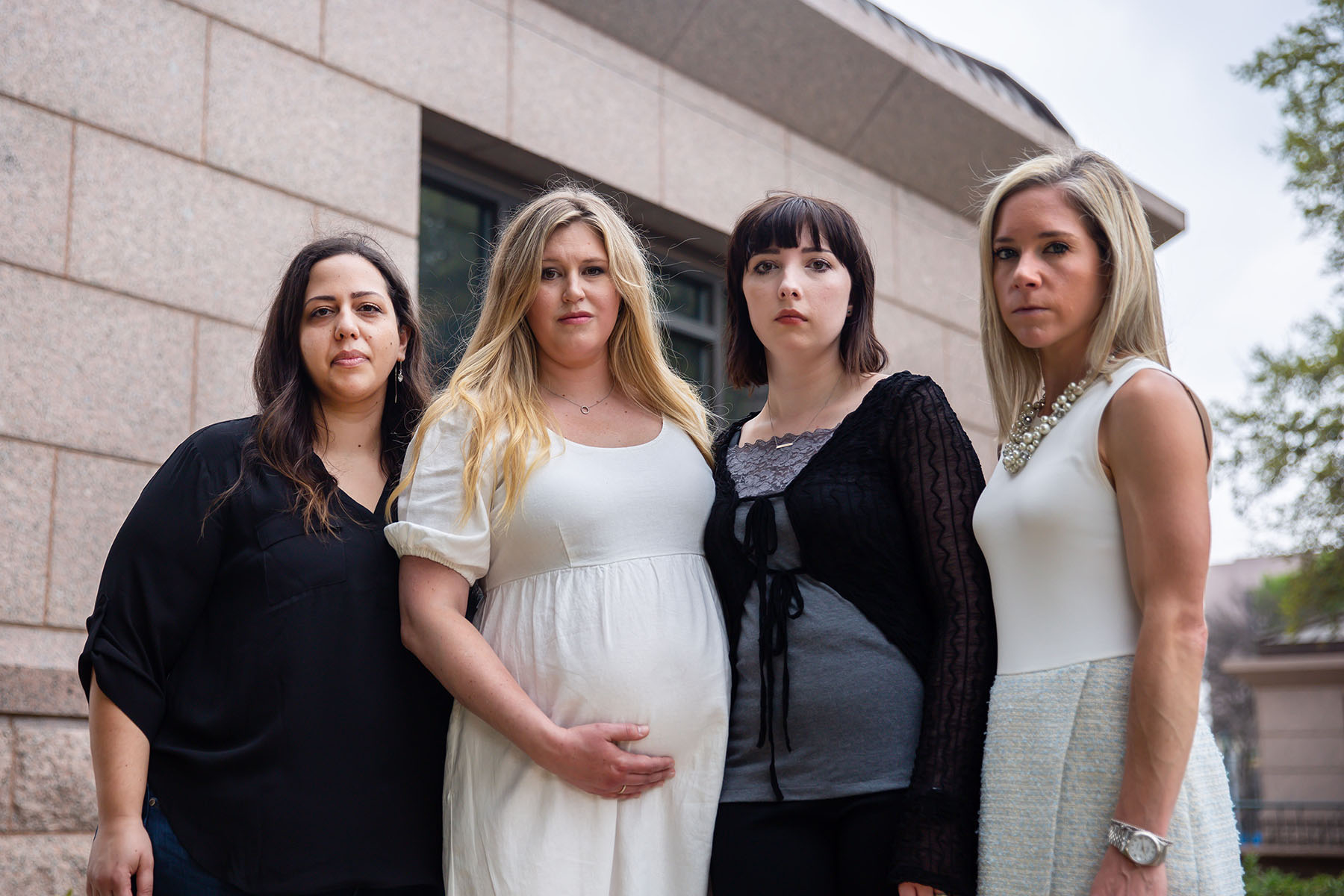Your trusted source for contextualizing abortion news. Sign up for our daily newsletter.
A Texas judge ruled Friday that the the state cannot deny people access to abortion when facing dangerous pregnancy complications, including fatal fetal anomalies. But hours later, the state attorney general’s office appealed the decision to the Texas Supreme Court, blocking the temporary injunction from taking effect until that court has ruled.
The injunction would allow doctors to exercise their own medical judgment about when patients need abortions to protect their lives or health. Though the state’s three different abortion bans nominally allow abortions when a patient’s life is in danger, doctors and other medical providers had previously said the language was not clear enough for them to act until the pregnant person’s condition had worsened to the point they could soon die.
Separately, the ruling also found that Texas’ six-week abortion ban, known as Senate Bill 8 and enforced through private citizen lawsuits, violates the state constitution.
The state judge set a trial on the merits of the Texas abortion laws, scheduling that hearing for March 2024.
If enforced, the Texas injunction could have massive implications for people in the state who need abortions for wanted pregnancies that have become untenable. Texas is the largest state in the country to have banned almost all abortions. Still, the ruling would not affect the majority of people who seek abortions, who usually seek termination earlier on after discovering an unplanned pregnancy, and not because of physical complications.
-
More from The 19th
- House Republicans are baking abortion restrictions into spending bills — and avoiding public votes
- Texas denied abortions to these women when their lives were in danger. Now they’re suing the state.
- For years, Republican states wouldn’t pass diaper laws. The end of abortion protections changed that.
The case at hand, Zurawski v. Texas, is believed to be the first case since 1973 in which women have sued the state over being denied an abortion. The plaintiffs include more than a dozen women who were unable to get abortions in their state. All experienced complications with wanted pregnancies. Some traveled out of state for abortions. Amanda Zurawski, the lead plaintiff, was forced to wait until she developed sepsis to get an abortion in Texas. One woman, Samantha Casiano, was forced to have a child who doctors said had no chance of living — and who died within hours of being born.
Casiano, one of the women who testified in Austin last month, vomited on the stand describing her experience. Zurawski’s infection closed one of her fallopian tubes, meaning she will face greater challenges in conceiving again and is now relying on in vitro fertilization to become pregnant. Multiple plaintiffs have also reported feeling afraid for their lives if they become pregnant again in the state of Texas.
The state of Texas has attempted to argue that any confusion over abortion exceptions is not the fault of the law itself, but instead the result of doctors being unwilling to make complex medical decisions. Lawyers for the state also argued that some of the women lacked standing to challenge the law in court, because they were not currently pregnant and seeking an abortion.
Doctors across the country have reported uncertainty over whether they can provide abortion care even when necessary because of medical complications, including when cancer patients require chemotherapy — which must be paused while pregnant – or when their water breaks early in pregnancy. In such cases, the standard medical care would be abortion, but it is not always clear if those situations qualify under states’ various medical exceptions clauses.






